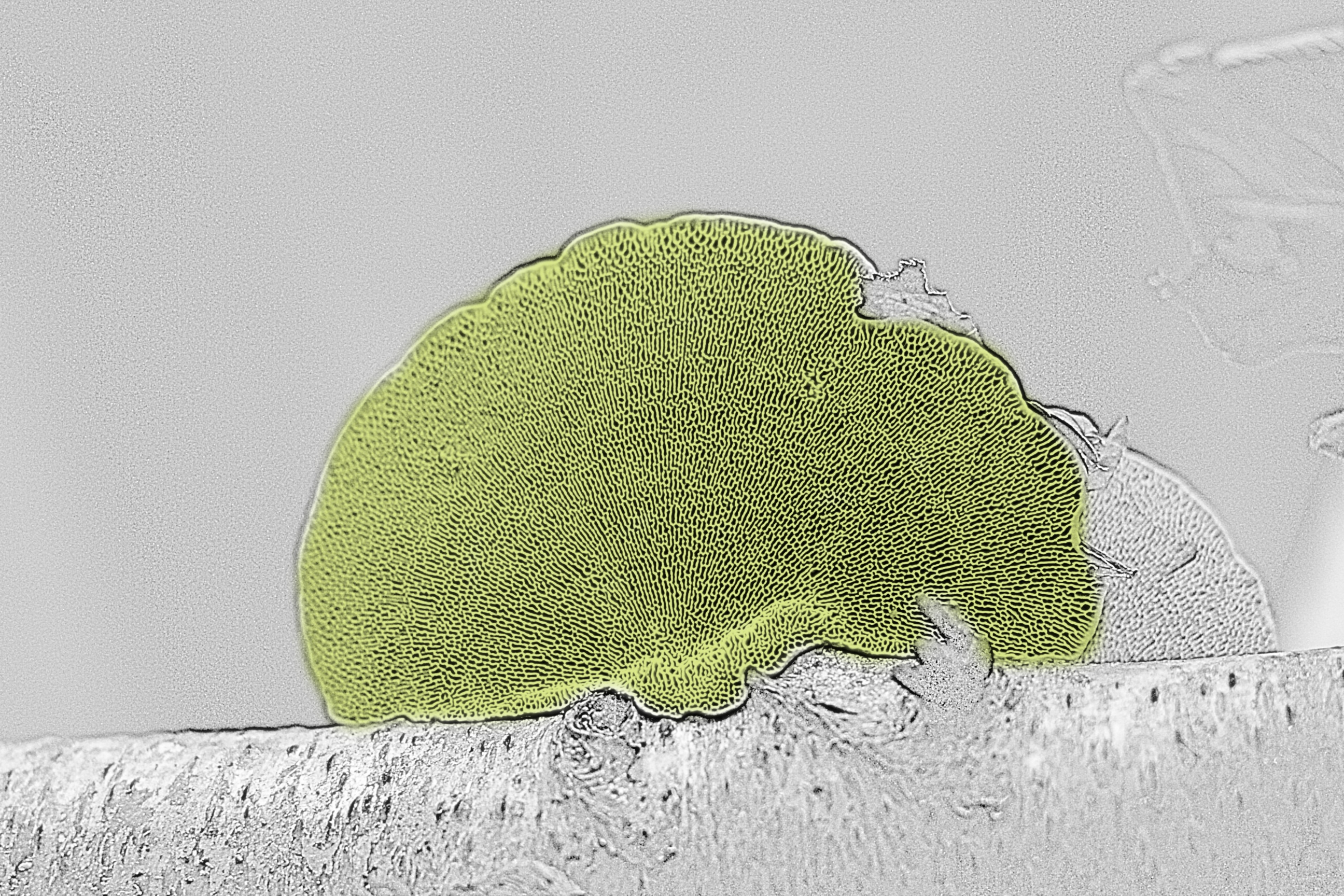Debugging through collaborative experimentation
Collaborative practice can be experimental, disjointed, challenging, creative, bold, and many other things. This session will present two projects that experiment with collaboration as a way to scrutinise or "debug" individualistic and hegemonic systems, and invite participants to consider experimental collaboration.
How can we find or create spaces to collaborate without a unified directive or objective, spaces that can lead to unexpected outcomes? Such is the overarching question shared between two collaborations, “Swap Space” and “Kinship Group 26”. These two experimental groups consider place and simultaneous arrival in the former, and making kin with bodies that are present and hidden in the latter. In either, we find ourselves in situations of entanglement influenced by thinkers such as Donna Haraway, Isabelle Stengers and Vinciane Despret.
Swap Space will present how collectivisation and dependence within a group can be avoided by using a temporal regime—simultaneity—as an enabler for preserving and fostering multiplicity and otherness within an artistic endeavour. Kinship Group 26 will ask attendees to consider human, nonhuman and more-than-human aspects of collaboration, and suggest ways to develop collaboration while considering voices that are present, but may not be actively heard.
This session draws from the collective experience of the two groups, considering how collaboration can be developed and presenting attendees with a choice for world-making as disruptive practice, based not on objectives and goals, but on careful forms of contact-making, feelings, desires, and hopes that can be as broad-reaching as possible. To debug the self, the way we work together needs adjustment.


